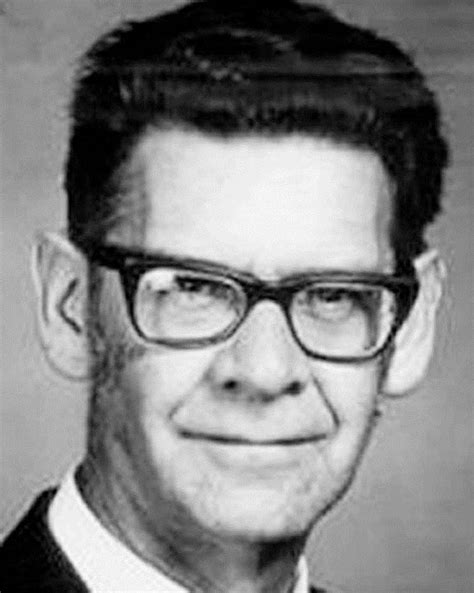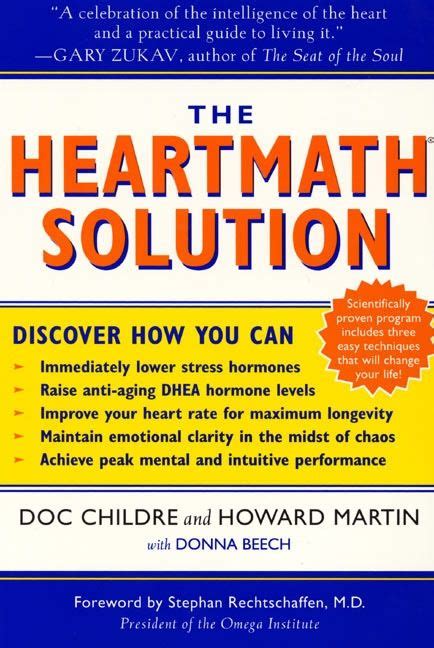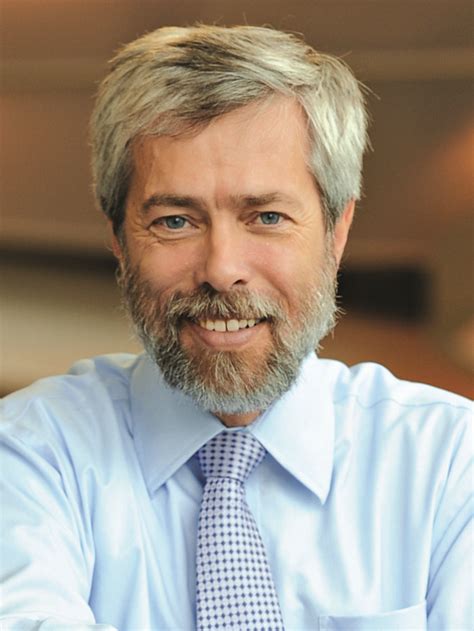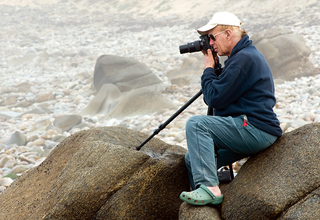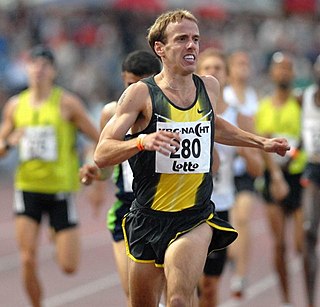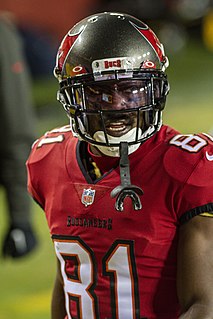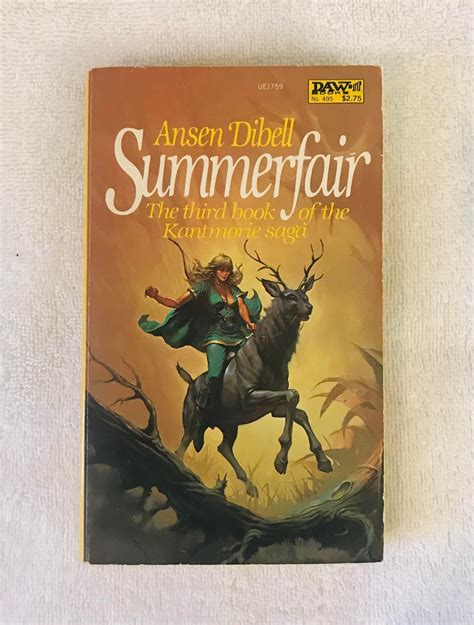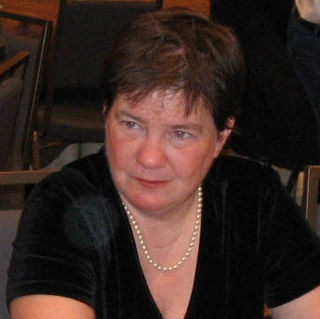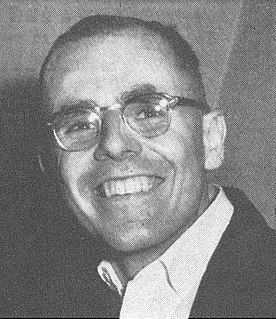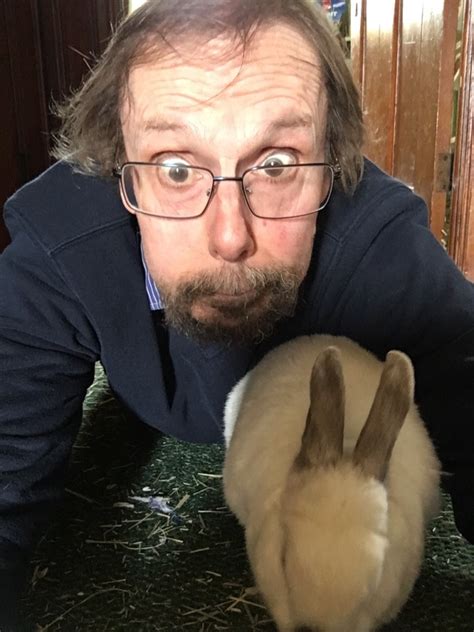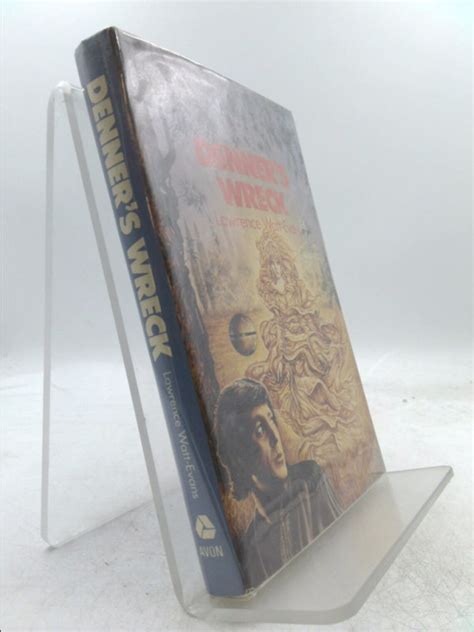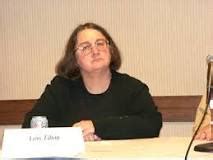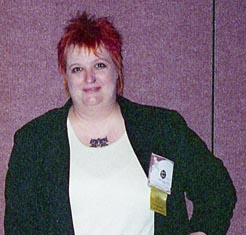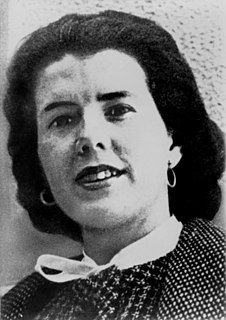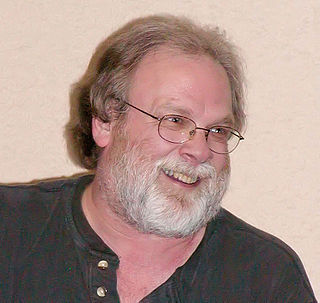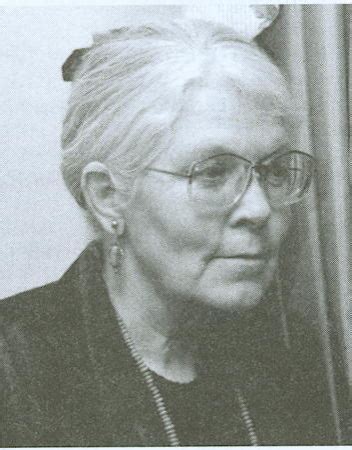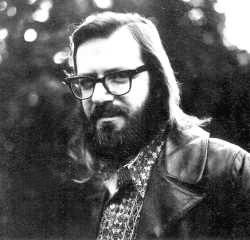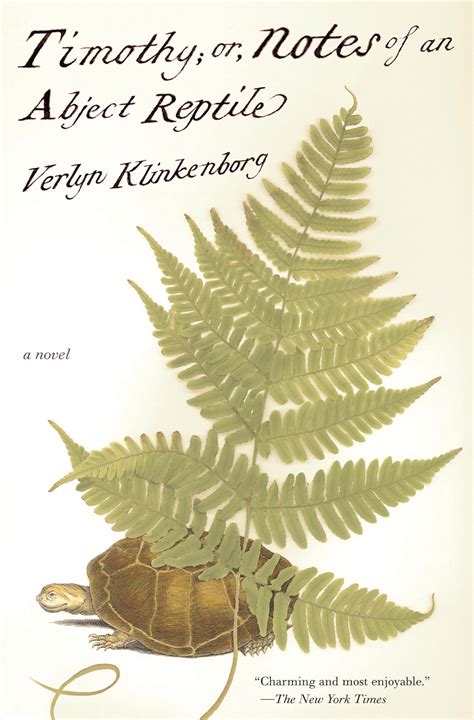A Quote by Carl E. Olson
Exploring Ecclesiology is true to its subtitle, being both vibrantly evangelical and admirably ecumenical; it is commendable for its depth, breadth, and erudition. Harper and Metzger's sympathetic engagement with Catholic ecclesiology is challenging and reciprocal. I especially appreciate how the authors emphasize and explore the vital connection between ecclesiology and eschatology, something very beneficial to readers seeking to better appreciate how living the Faith in community today relates to the hope of entering fully into Trinitarian communion in the life to come.
Quote Topics
Appreciate
Authors
Being
Beneficial
Better
Between
Both
Breadth
Catholic
Challenging
Come
Commendable
Communion
Community
Connection
Depth
Emphasize
Engagement
Entering
Erudition
Eschatology
Evangelical
Explore
Exploring
Faith
Fully
Harper
Hope
How
Life
Living
Readers
Reciprocal
Relates
Seeking
Something
Sympathetic
Today
True
Very
Vital
Related Quotes
Mission [is] understood as being derived from the very nature of God. It [is] thus put in the context of the Trinity, not of ecclesiology or soteriology. The classical doctrine of the missio dei as God the Father sending the Son, and God the Father and the Son sending the Spirit [is] expanded to include yet another “movement”: Father, Son, and Holy Spirit sending the church into the world.
I seem to have three categories of readers. The first is nonbelievers who are glad that I am reading the Bible so they don't have to bother. The second group, which is quite large, is very Biblically literate Jews. And the third, which is also very large, is Christians, most of them evangelical. The evangelical readers and the Jewish readers have generally been very encouraging, because they appreciate someone taking the book they love so seriously, and actually reading it and grappling with it.
What you put out comes back. The more you sincerely appreciate life from the heart, the more the magnetic energy of appreciation attracts fulfilling life experiences to you, both personally and professionally. Learning how to appreciate more consistently offers many benefits and applications. Appreciation is an easy heart frequency to activate and it can help shift your perspectives quickly. Learning how to appreciate both pleasant and even seemingly unpleasant experiences is a key to increased fulfillment.
I just can't imagine my life without Dostoevsky and The Brothers Karamazov. I can spin off of that and talk about Crime and Punishment and Tolstoy. I could talk about other novels, but for me it's Dostoevsky. His sheer size and grandeur, his sacramentality, his ecclesiology, and his sense of the human predicament are as powerful as it gets. Can't imagine not reading the Russians.
The way the world works now, the way the rules of engagement operate, you can't claim to make sense out of the exterior without booking voyages into the interior. Think about it: How can you understand 'it' if you haven't made any effort to understand 'you'? Because what you're really doing is establishing a living, electrical, vital, energetic connection between it and you. You're creating both of them, simultaneously. A lot like quantum physics.
Someone has said it is better to appreciate the things you don't own than to own things you don't appreciate. I hope we will have with us a spirit of appreciation for all of the good things we enjoy, all the blessings that we have, many of which have come so easy to us, with very little effort on our part, and yet they are very real and very choice and are truly rich blessings.
It's been a wild ride. I hope people can appreciate how special it is to see the people that ran well today; how special and sometimes fleeting greatness can be even from yourself. I gave it everything I had and for a short period of time I did very very well and I'm very proud of that and I'm leaving it at that. I did the best I could.
All you have is the writer's imagination. You have a very limited time to take this imaginary person and bring the details of their life, as you perceive them, to life. You attempt to do to that as fully and as vibrantly as you can. It's depressing to read how much you've failed. And it's not even particularly instructive or necessary to read how you succeeded because in the end don't you have to judge that?
Being passed up by teams because of my size made me hungry. I've seen a lot of first-round guys who come in and never really do nothing because they may not appreciate the opportunity because everything has been given to them. I think guys who come from the bottom understand how hard it is, so they appreciate the opportunities more.

